Donald Trump has a lot in Common With Tyrants, Classically Speaking
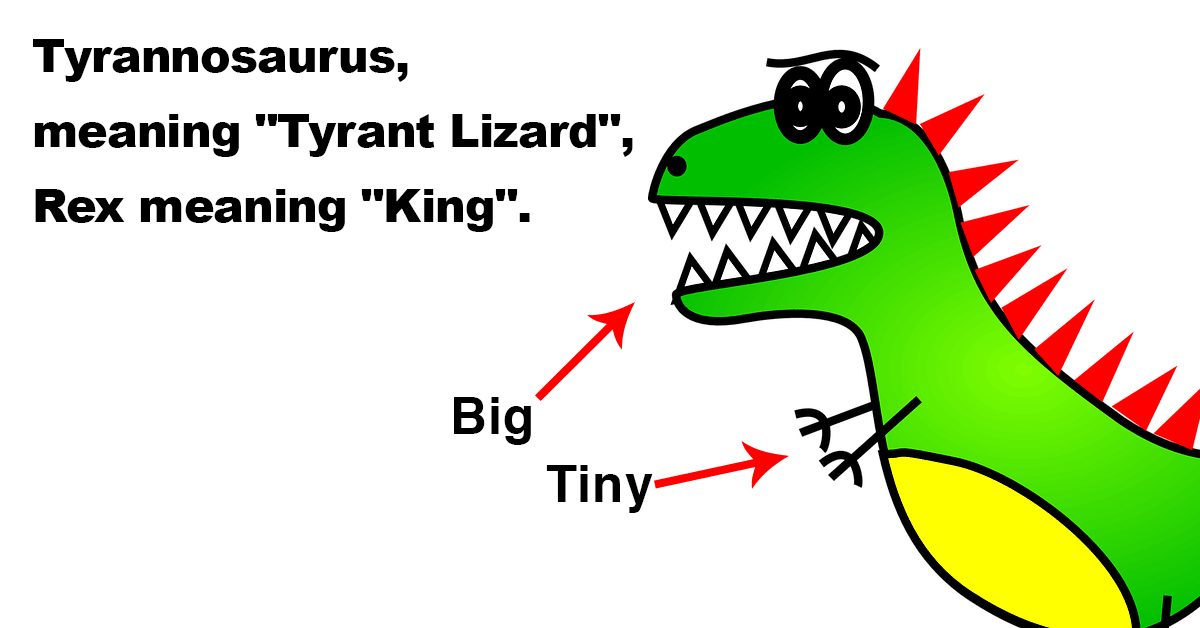
Donald Trump hasn’t been much of a Tyrant in-action, but he does have a lot in common with the classical tyrants, including the tyrant from Plato’s Republic.
Philosophy is the study of the natural and theoretical nature of knowledge, reality, existence, and being. Philosophy can broken down into categories based on subject and technique. See the branches of philosophy.

Donald Trump hasn’t been much of a Tyrant in-action, but he does have a lot in common with the classical tyrants, including the tyrant from Plato’s Republic.
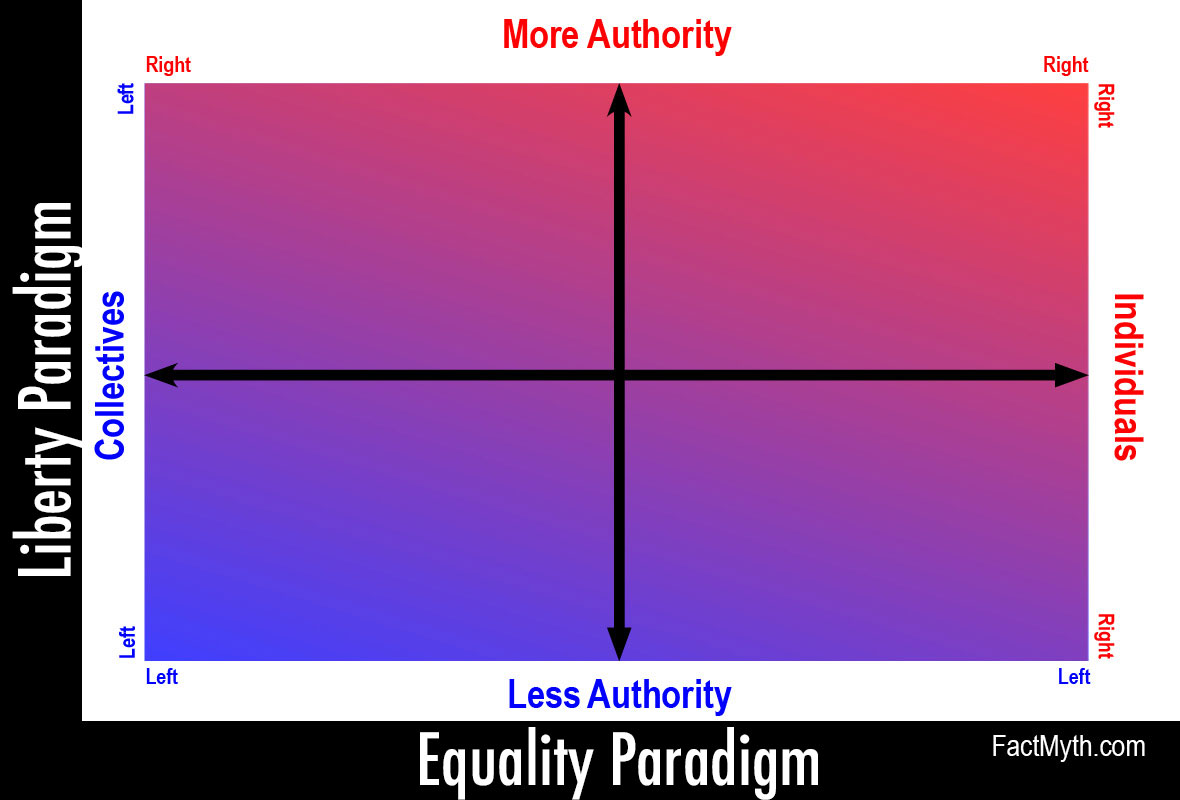
We describe a “purple strategy” modeled off purple state politics, for the Defense of Western Liberal Democracy and Republicanism.
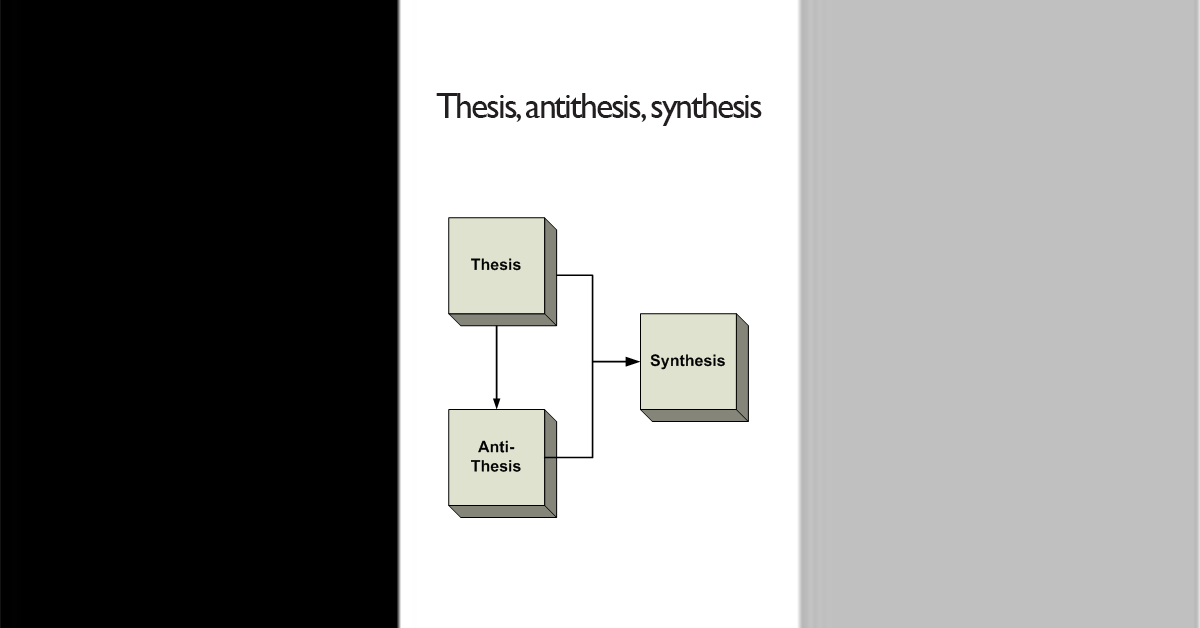
We discuss theories that deal with the nature of abstractions and contradictions including, Dialectics and the Golden Mean theory, and offer a “synthesis” of these theories.
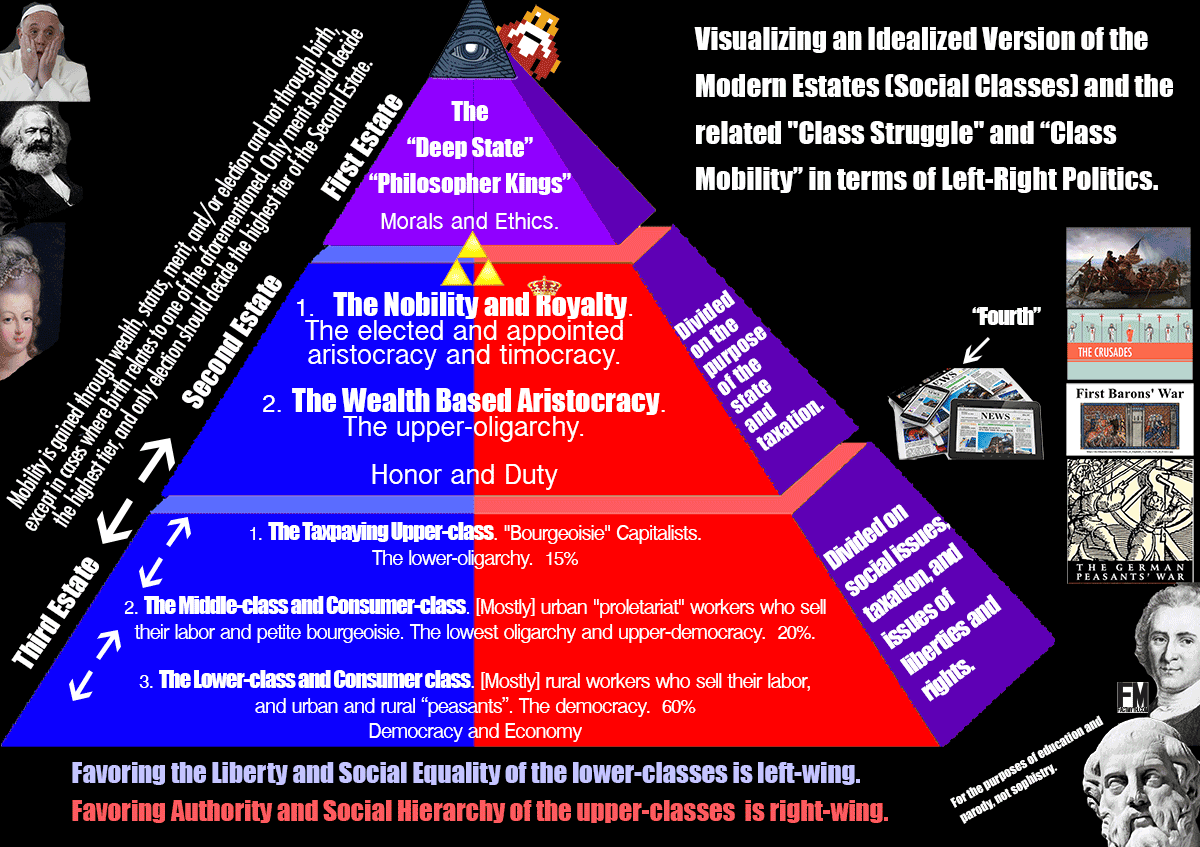
All nations have some sort of class system or class structure, generally based on wealth, birth, or status. We explain modern and historic social class systems and the general logic behind them to see to what extent they are natural and what extent they are convention.
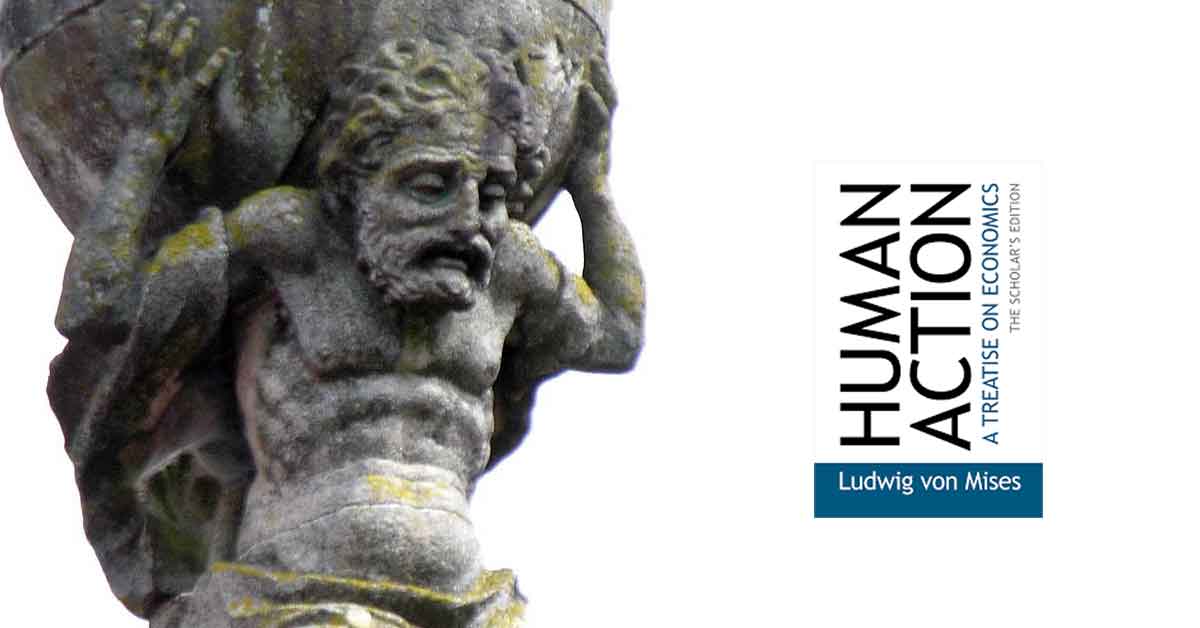
We discuss the importance of individualism and the complexities involved in balancing the spirit of Individualism with collective responsibility.
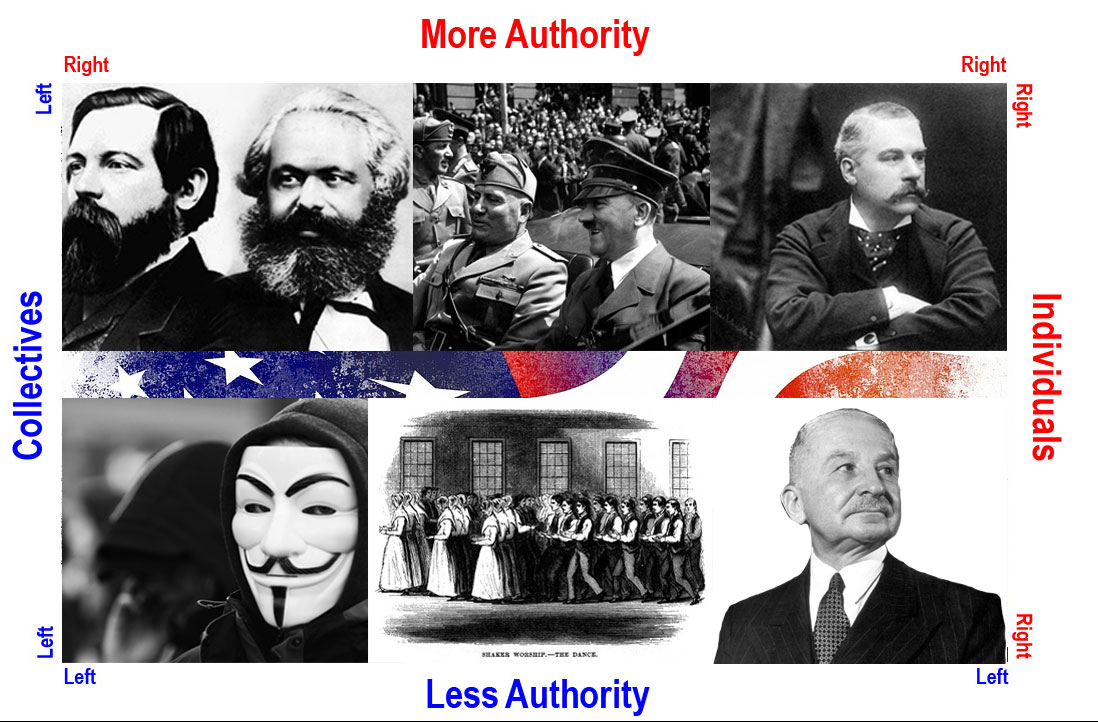
Marx and Mussolini called for extreme evolutions of socialism, Mises called for an absolutist return to individualist liberalism, but all miss the mark.
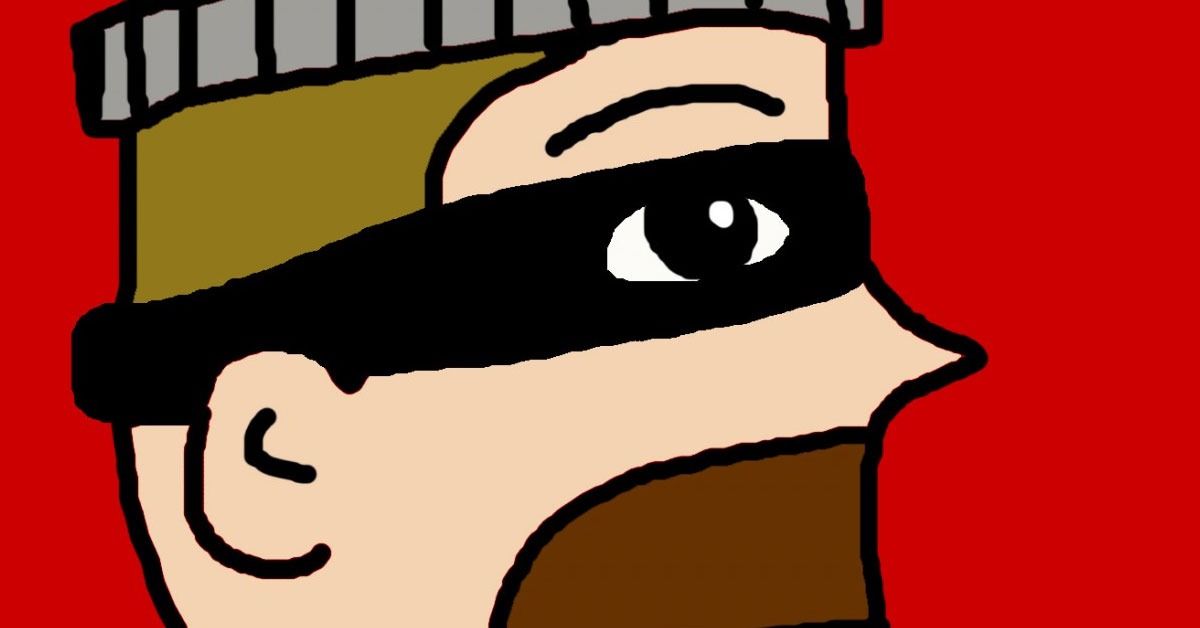
Criminal virtue is a concept eluded to in Machiavelli’s the Prince. It describes calculated “criminal acts” that can help one get ahead in politics.
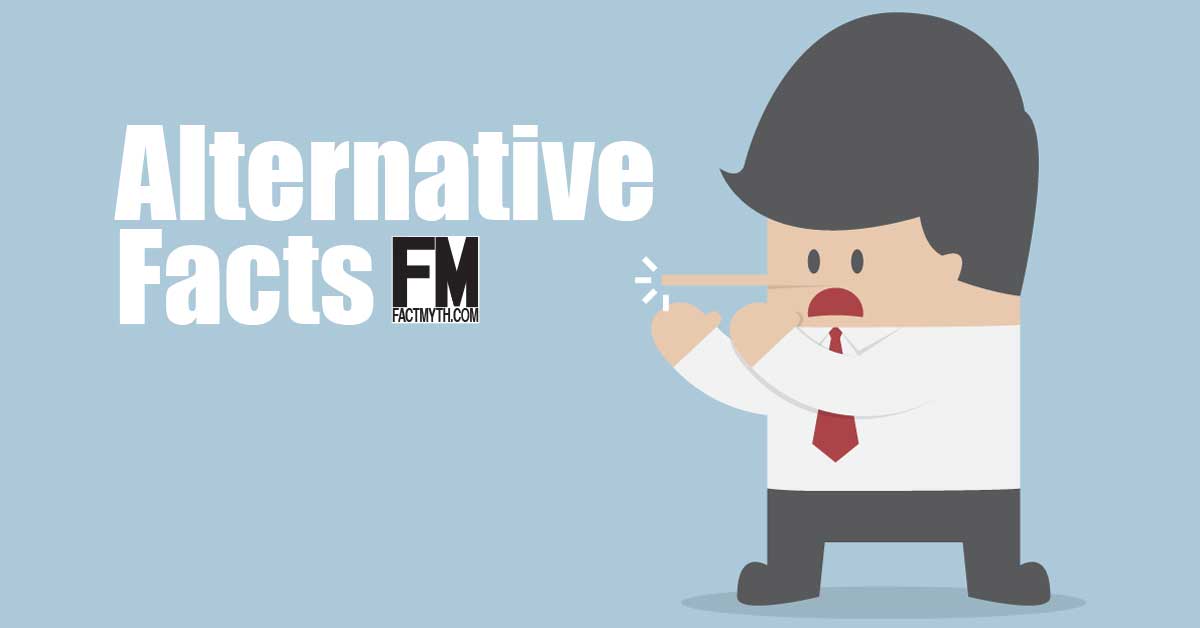
I offer opinions on how to fact-check alternative facts from the perspective of a fact-checker who fact-checks alternative facts. Fact.
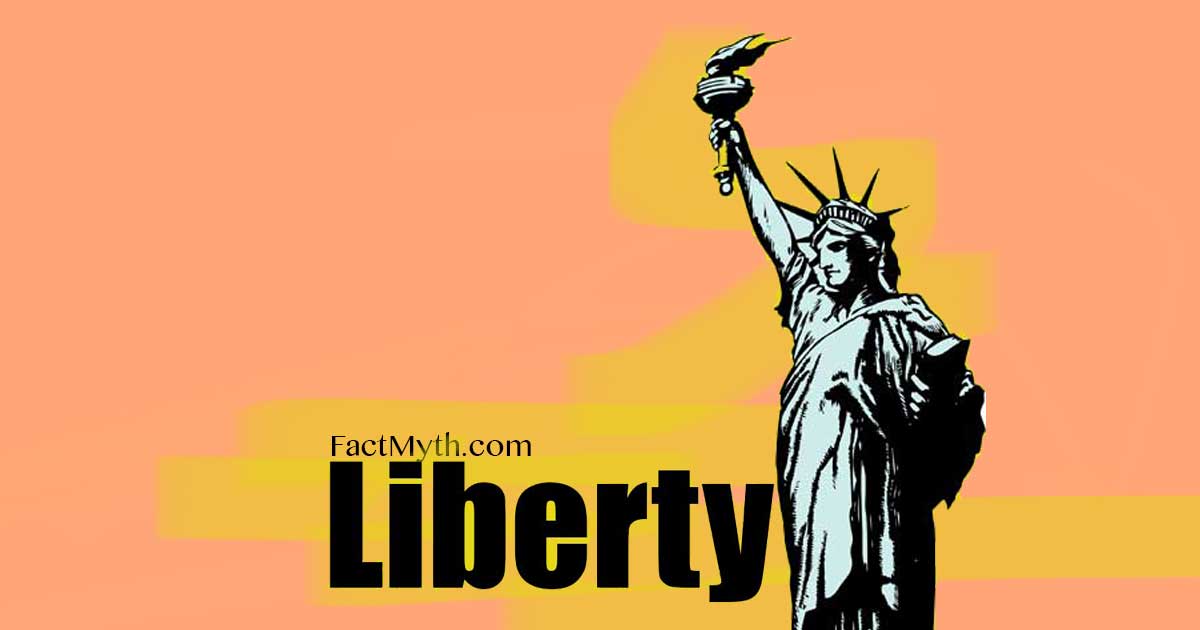
To advance culture philosophically (not just technologically or economically) liberty is required. The major philosophical works came from liberal nations.
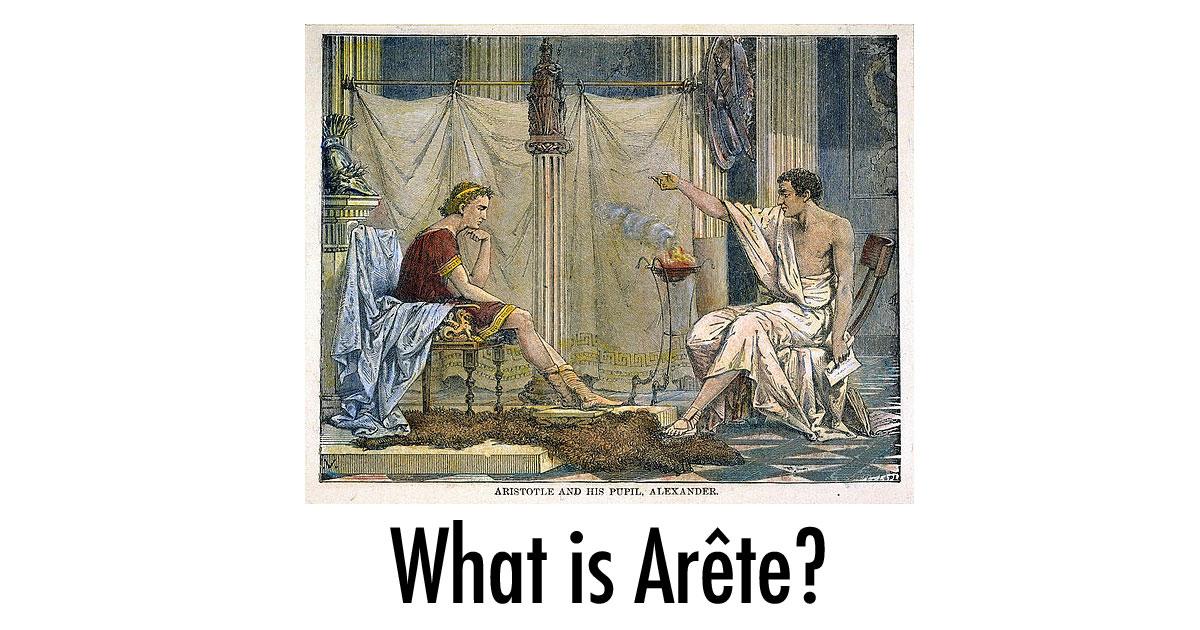
Socrates was Plato’s teacher, Aristotle learned at Plato’s Academy, and Aristotle was the well-paid tutor of Alexander the Great.